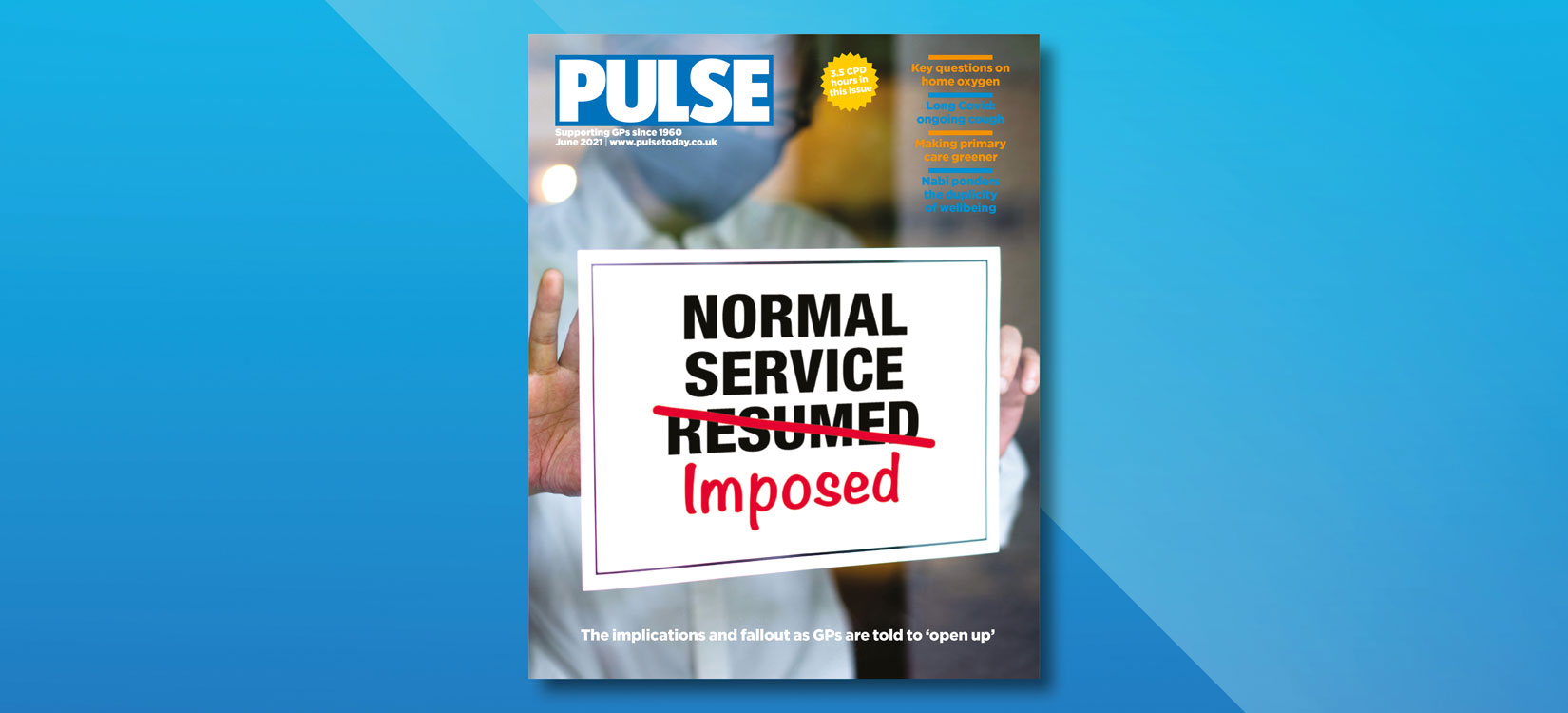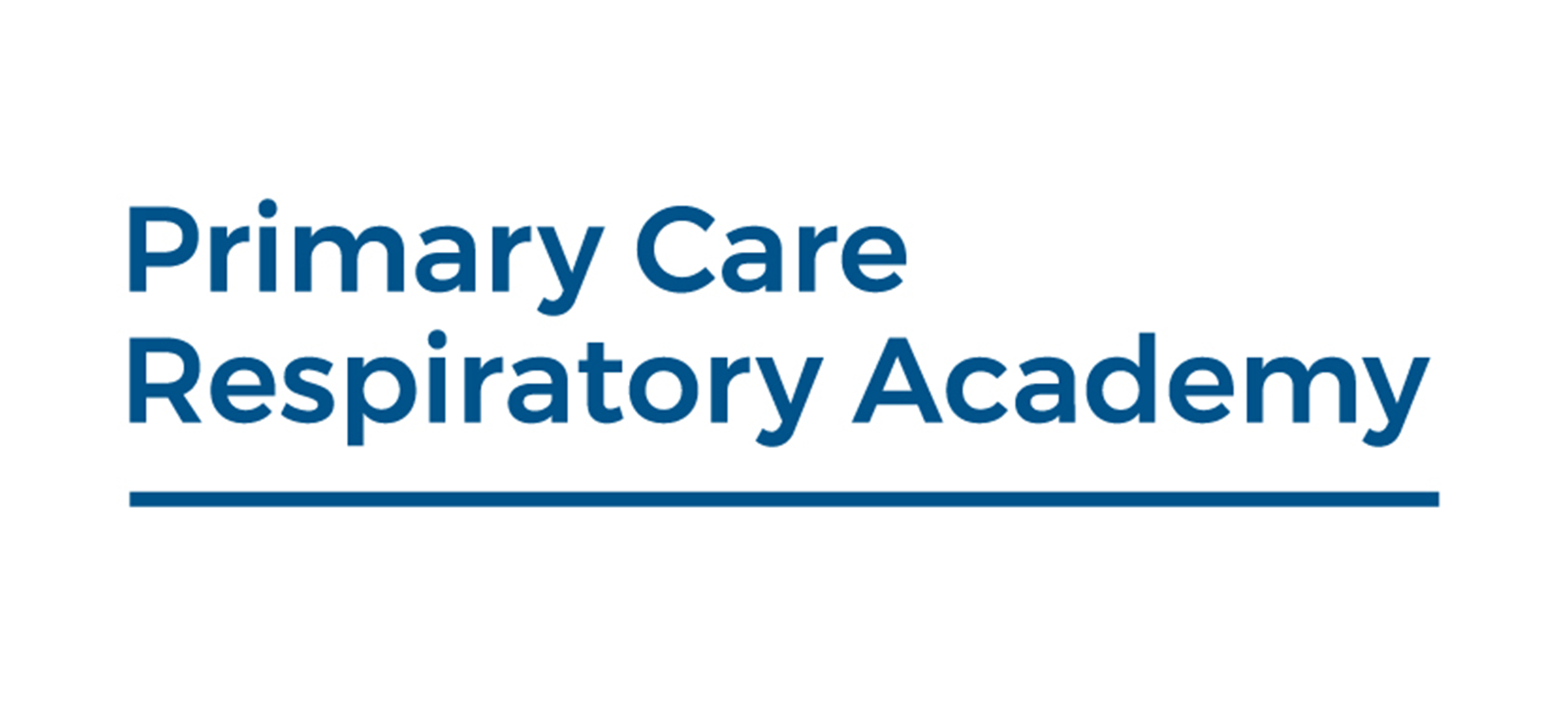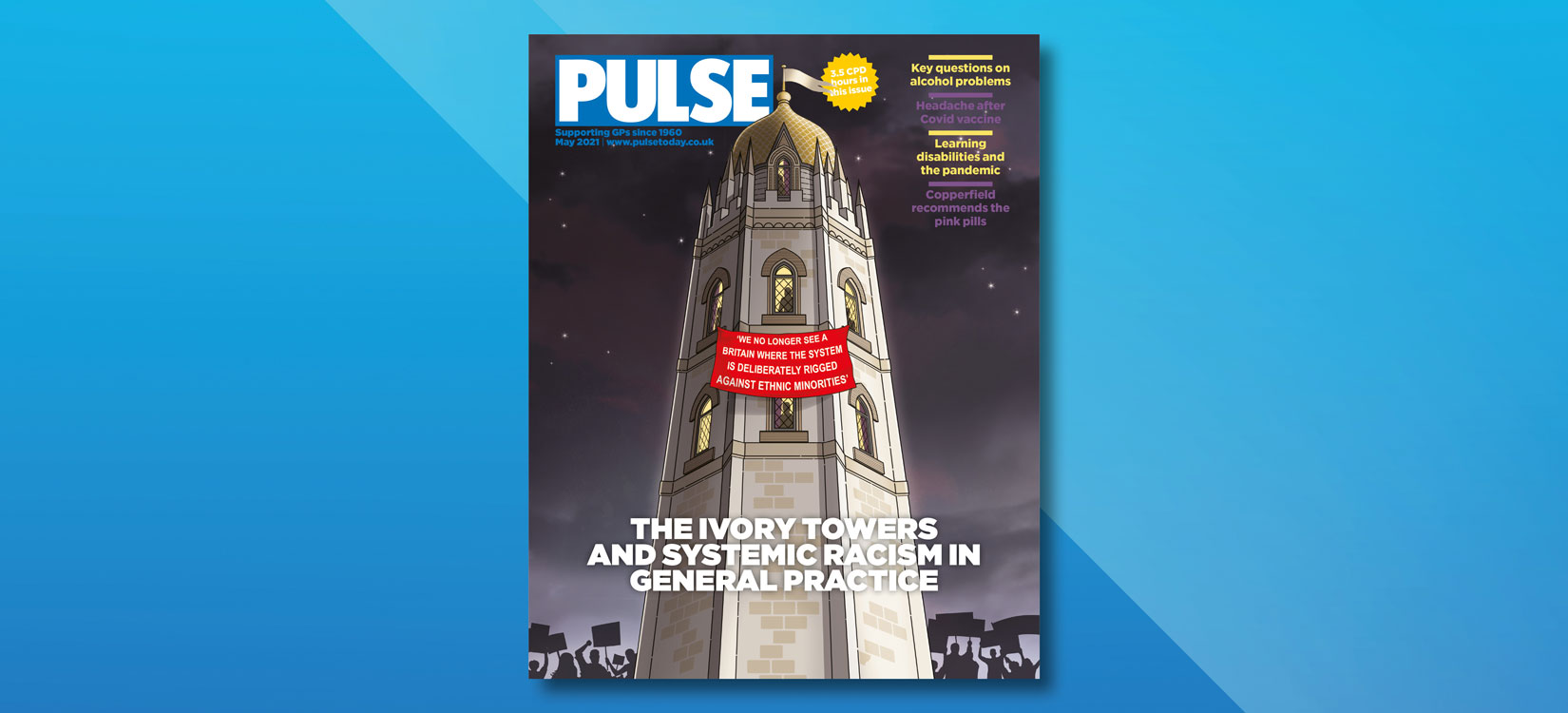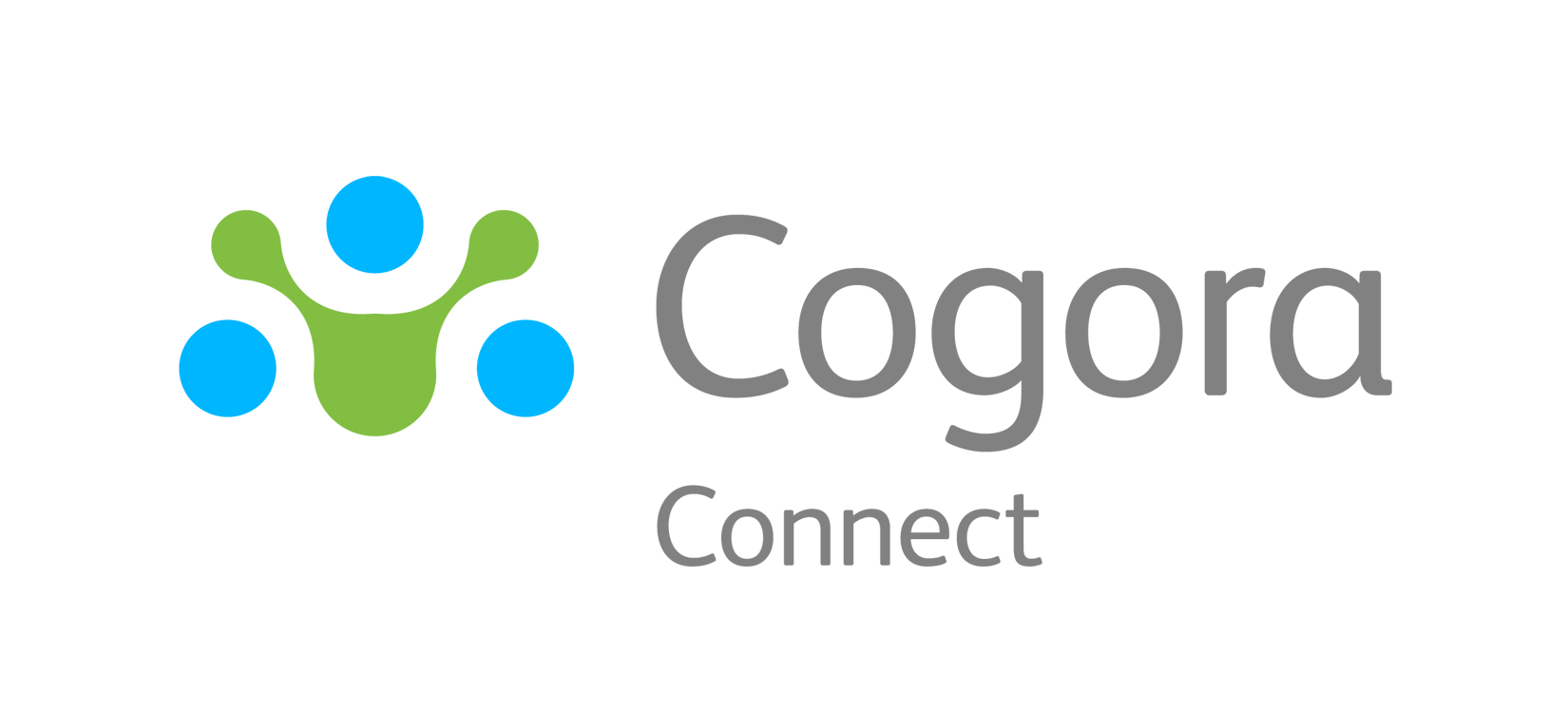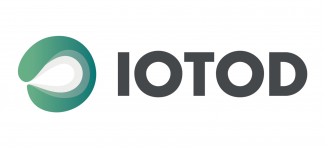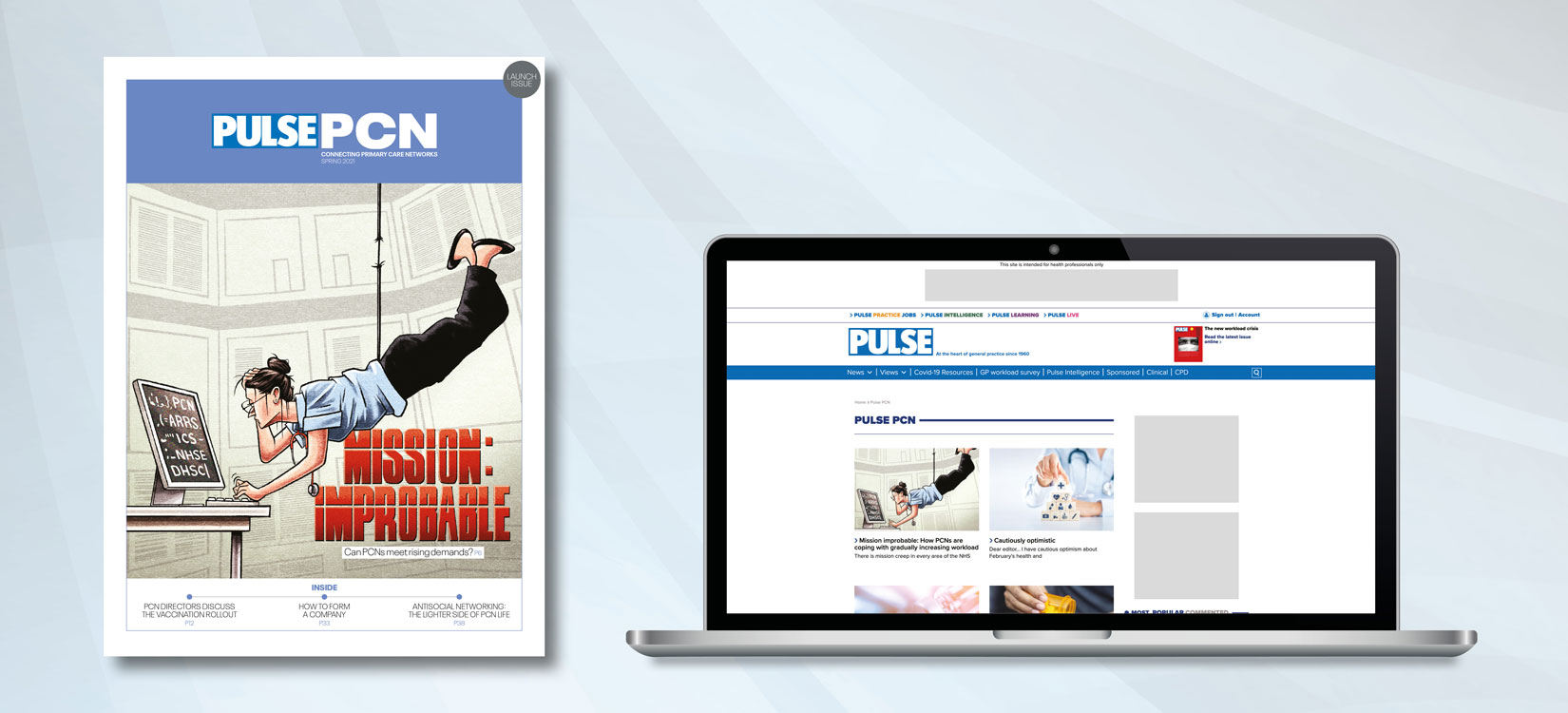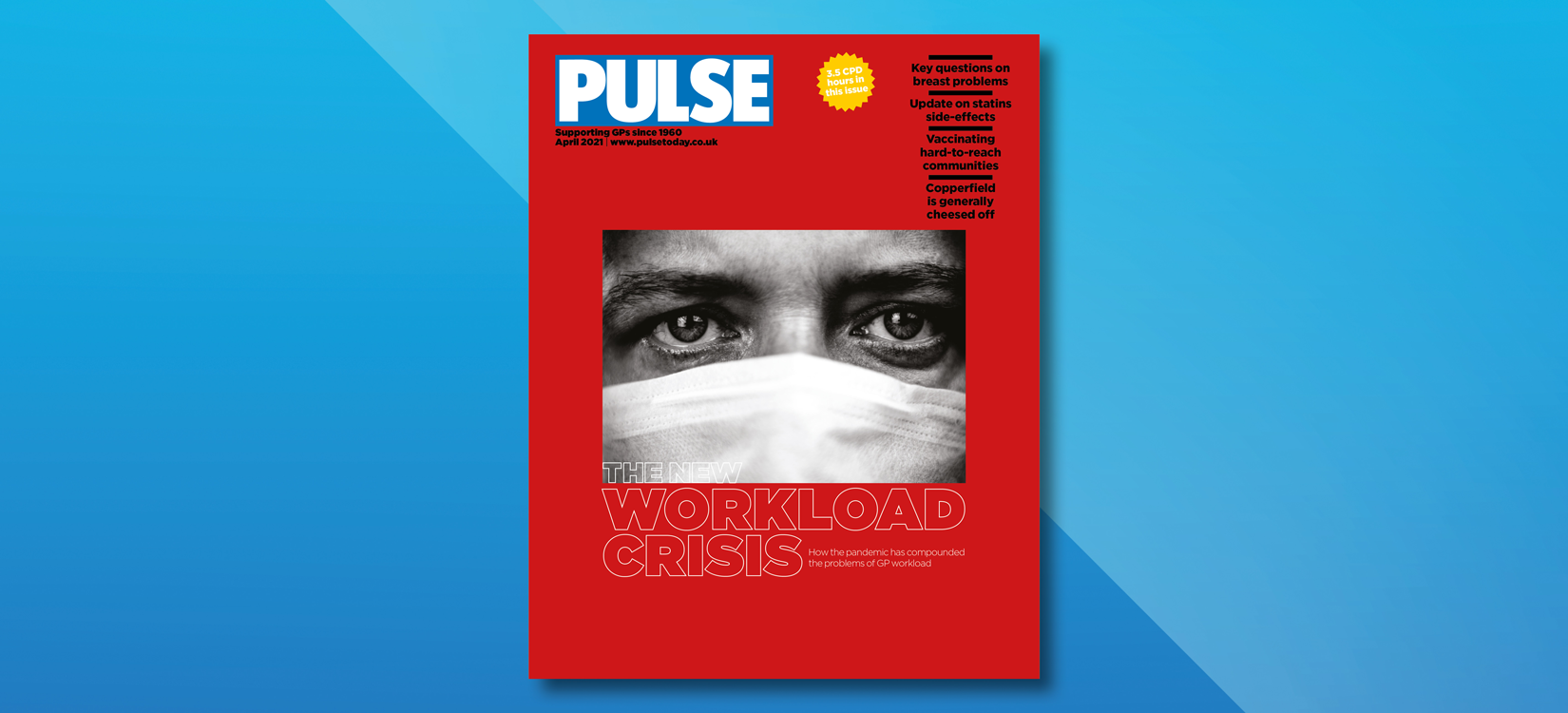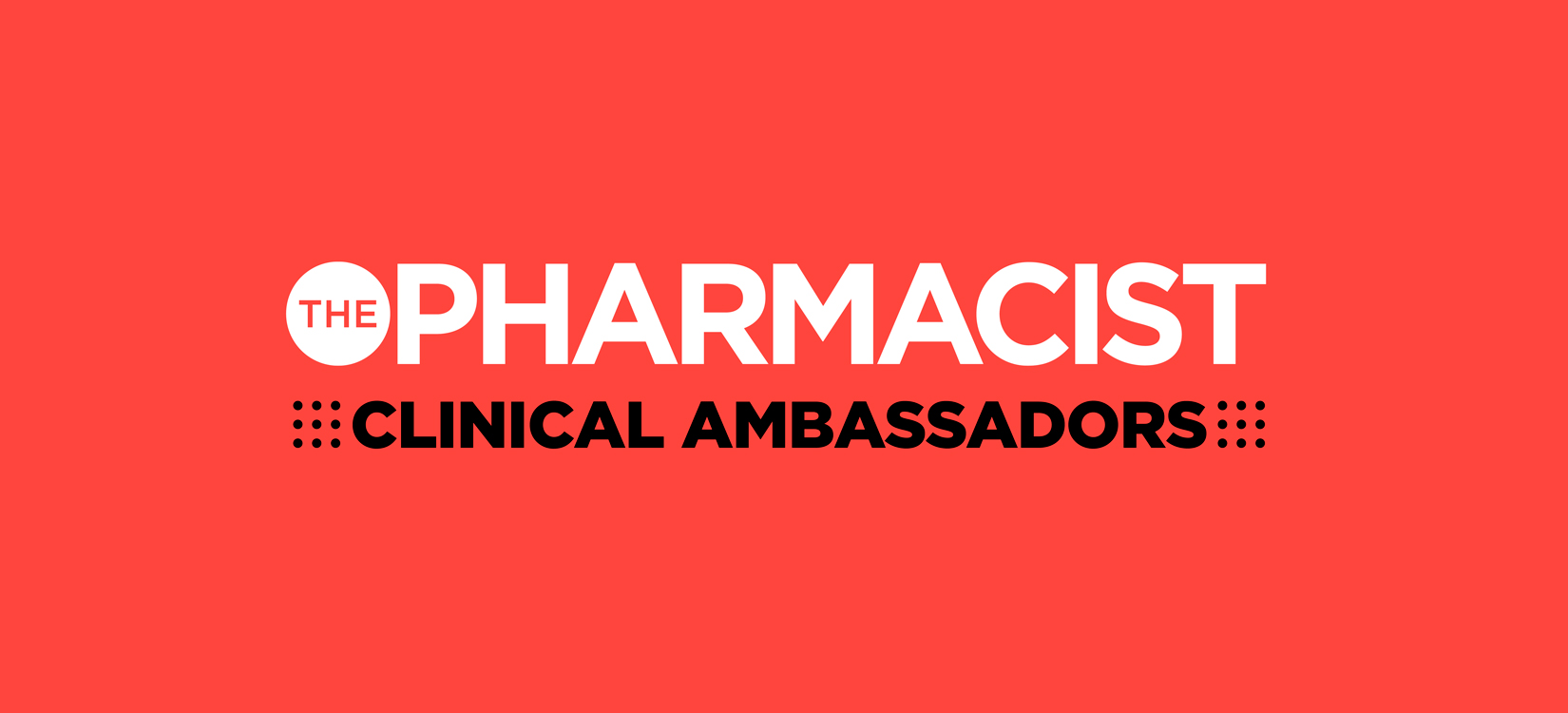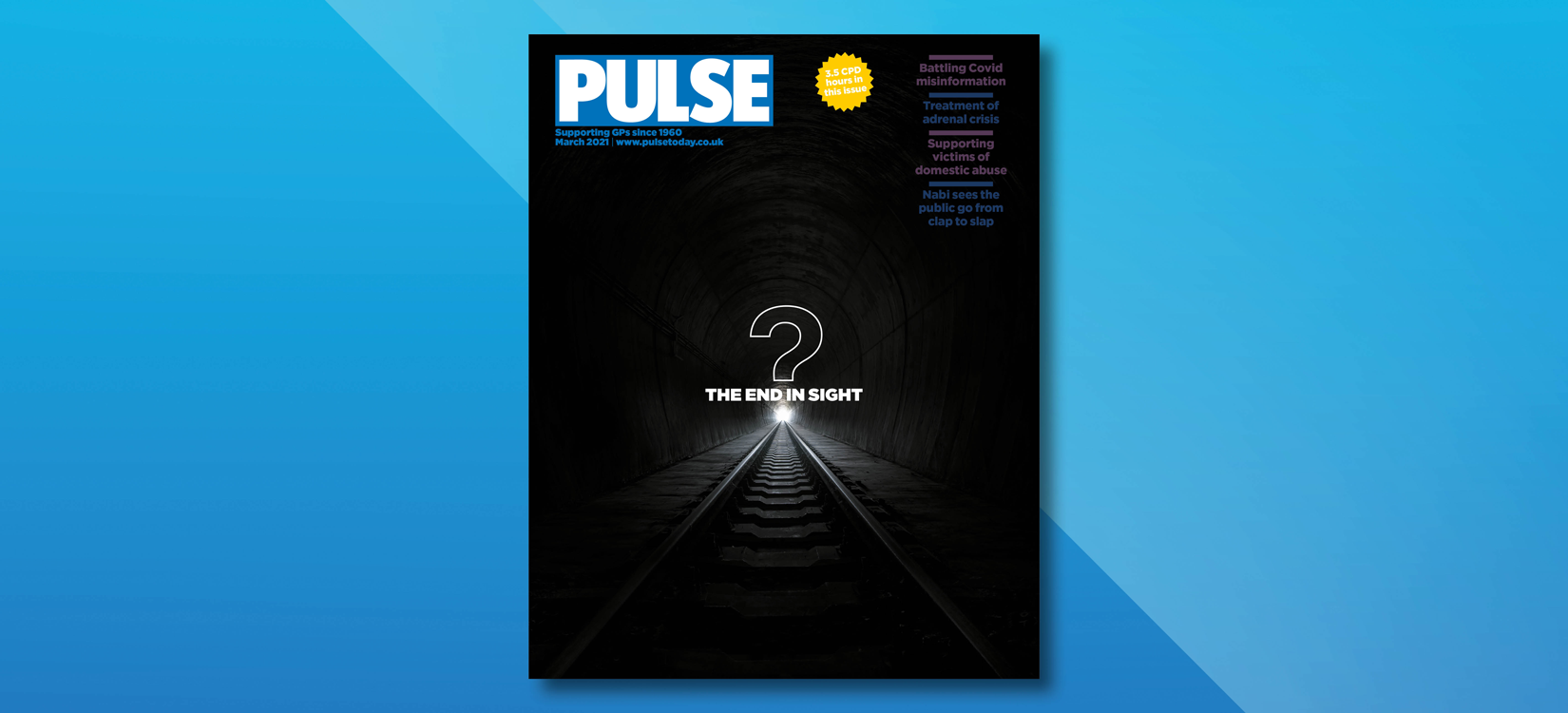After over a year of virtual, digital, and online events, it has never been more evident that facetime is a much-needed component for events. With this in mind, we are delighted to be hosting our audience of healthcare professionals in the latter half of this year at London, Newcastle, Birmingham, and Liverpool as our primary care brands return to face-to-face events.
Pulse LIVE, Nursing in Practice and Management in Practice are now open for registrations, and as usual can promise an exciting agenda of expert-headed sessions, interactive talks, a showcase of relevant products and services and the opportunity to meet the healthcare community once more.
Our face-to-face event line-up for 2021:
Pulse LIVE and Nursing in Practice:
- London – 30 September
- Liverpool – 5 October
- Birmingham – 11 November
Management in Practice:
- London – 14 September 2021
- Birmingham – 9 November 2021
- Newcastle – 30 November 2021
Pulse LIVE is the must-attend, free event for all practising, GMC-registered GPs and trainees. Put together by the team behind the award-winning Pulse and Pulse Learning, Pulse LIVE supports the education and development of grassroots GPs.
Nursing in Practice Events have toured the UK for 15 years, with a series of clinically-led conferences, welcoming over 40,000 primary care and community nurses.
Management in Practice Events feature a multi-stream agenda and supporting exhibition, giving Practice Managers, GP Partners, PCN and CCG staff, Primary care admin teams, and IT/HR/Support teams the chance to take a day away from practice to focus on their plans and strategy for 2021 and beyond.



